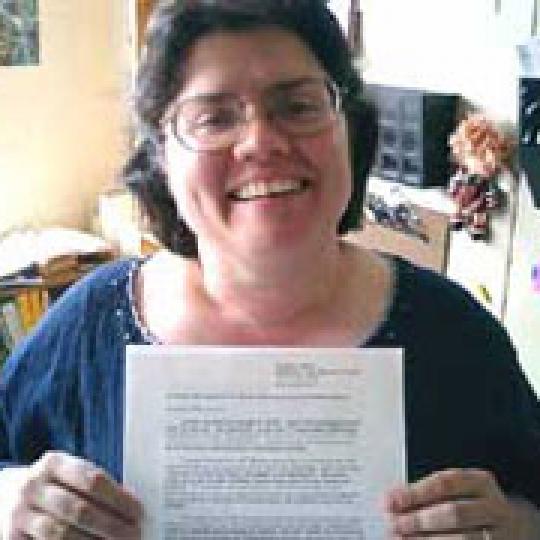Ten years ago, when he was still a reporter for NPR's All Things Considered, host Ira Glass did a year-long series on a Chicago public school where things were getting better. Test scores were rising. Students were motivated. Last year, changes at the school dismantled some of the programs that had made for the school's success, and one of the best teachers in the school is thinking about quitting. We devote the whole hour to this story, about the rise and fall of school reform.
-
Download Control-click (or right-click) Tap and hold to download
- Subscribe on Spotify Subscribe in Apple Podcasts Subscribe
- Transcript




Act One
1994
Washington Irving Elementary School became a model of school reform in Chicago a decade ago. The school did it without adding a ton more money. It wasn't a magnet school or charter school. Their strategy: Get the kids to enjoy reading and writing, get them glasses if they need them, give teachers control of their classrooms. Scores climbed. Teachers like Cathy were happy. Students actually liked coming to school. We hear excerpts from Ira's 1994 All Things Considered series about the school. (21 minutes)
Act Two
2004
We continue with the story of Irving Elementary, and hear what's happened to make Cathy La Luz think about quitting. In just nine months, the reforms that had made the school a model began to unravel. Well-meaning directives from the central school board undermined what the school was trying to do. And the new principal didn't quite understand why the teachers were balking at seemingly small things like writing up lesson plans. The climate in the school changes. The principal is oblivious. The head of the Chicago schools, Arne Duncan, says he'll look into the problems. Cathy's skeptical. (28 minutes)
© Copyright NPR® 1994, 1995. The news reports by Ira Glass were originally broadcast on National Public Radio's All Things Considered® on December 21, 1994, March 17, 1995, May 17th, 1995, and April 14, 1995, respectively, and are used with the permission of National Public Radio, Inc. Any unauthorized duplication is strictly prohibited.
© Copyright NPR® 1994, 1995. The news reports by Ira Glass were originally broadcast on National Public Radio's All Things Considered® on December 21, 1994, March 17, 1995, May 17th, 1995, and April 14, 1995, respectively, and are used with the permission of National Public Radio, Inc. Any unauthorized duplication is strictly prohibited.

